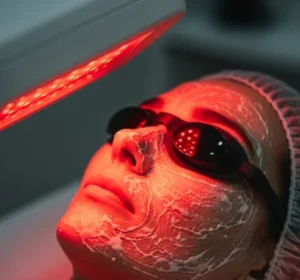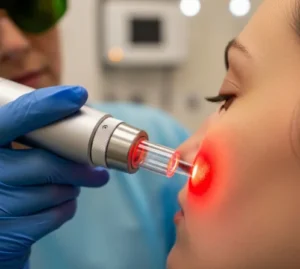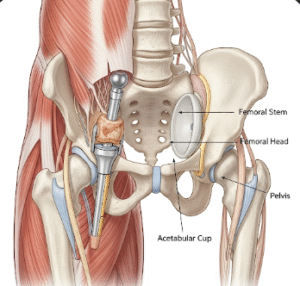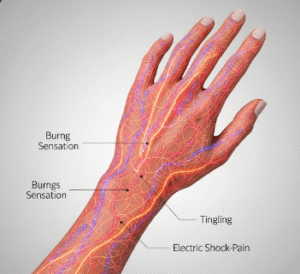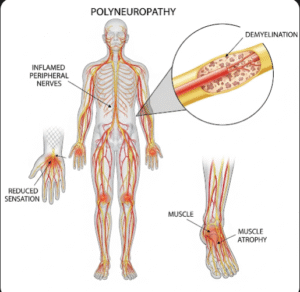Overview
Whipworm infection, caused by the parasitic roundworm Trichuris trichiura, is a type of soil-transmitted helminthiasis that primarily affects the large intestine. It is most common in tropical and subtropical areas with poor sanitation and hygiene. While mild infections may cause no symptoms, heavy infestations can lead to abdominal pain, diarrhea, and in children, growth and cognitive delays.
What is Whipworm (Trichuris trichiura)?
Whipworm is a parasitic intestinal infection caused by ingesting eggs of Trichuris trichiura, a worm named for its whip-like shape. After ingestion, the eggs hatch in the small intestine, and the larvae migrate to the large intestine, where they attach to the mucosa and mature. Adult worms can live for years, producing thousands of eggs that are passed in the feces. The condition is considered a neglected tropical disease (NTD) by the World Health Organization.
Symptoms
Many individuals with light whipworm infections show no symptoms. However, moderate to heavy infections can result in:
- Abdominal pain or cramping
- Chronic diarrhea, sometimes with mucus or blood
- Tenesmus (feeling of incomplete defecation)
- Nausea or vomiting
- Rectal prolapse (in severe cases, especially in children)
- Iron-deficiency anemia
- Fatigue and weakness
- Growth retardation and cognitive impairment in children
Causes
Whipworm infection is caused by the ingestion of infective eggs of Trichuris trichiura. This typically happens through:
- Consumption of contaminated food or water
- Hand-to-mouth transmission after contact with contaminated soil or feces
- Poor sanitation, including open defecation
- Inadequate handwashing practices
The eggs must mature in soil for several weeks before becoming infective, making transmission dependent on environmental factors.
Risk Factors
The most common risk factors for whipworm infection include:
- Living in or traveling to tropical/subtropical regions with poor sanitation
- Children who play in contaminated soil
- Use of human feces as fertilizer
- Contaminated water supply or improper sewage disposal
- Lack of access to clean water and hygiene facilities
Complications
If left untreated, whipworm infection may lead to:
- Severe intestinal inflammation and ulceration
- Chronic malnutrition and vitamin deficiencies
- Rectal prolapse, especially in young children
- Anemia and stunted growth
- Cognitive and developmental delays
- Increased susceptibility to other infections
Prevention
Preventive strategies focus on hygiene, sanitation, and community health measures:
- Proper handwashing with soap after using the toilet and before eating
- Use of clean, treated water for drinking and washing food
- Wearing shoes to avoid contact with contaminated soil
- Safe disposal of human feces, including latrine use
- Health education in schools and communities
- Mass deworming programs, especially in endemic areas
Treatment Options in Korea
South Korea offers effective diagnosis and treatment for parasitic infections, including whipworm. Key services include:
- Antiparasitic medications – commonly used drugs include:
- Albendazole or Mebendazole – typically given for 3 days
- Stool examination and ova/parasite testing to confirm diagnosis
- Repeat treatment cycles in cases of reinfection or high parasite load
- Nutritional support for children with malnutrition or anemia
- Travel medicine clinics that screen and treat returning travelers or expatriates
- Treatment available in infectious disease departments at leading hospitals like Seoul National University Hospital, Samsung Medical Center, and Asan Medical Center
Thanks to Korea’s high standard of healthcare and public hygiene, whipworm infection is rare domestically but well-managed when cases are identified.


